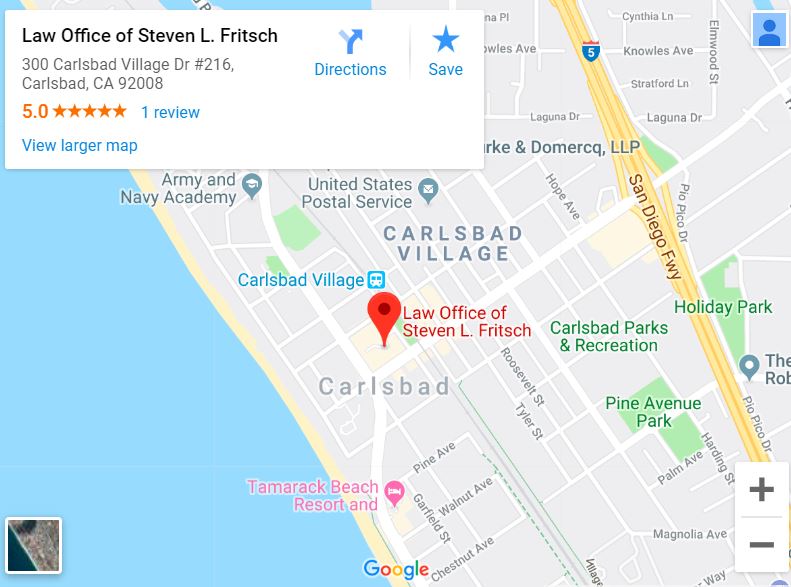An issue in some child custody cases which unfortunately is coming too common is the use of drugs and alcohol by a parent. Many parents that know or suspect that the other parent is using drugs or abusing alcohol wants the ability to test that parent and have the court make orders regarding that parents use. However, the court will not make orders simply because a parent requests it. There needs to be evidence.
The court may order drug or alcohol testing if the court makes a finding by a preponderance of evidence that there is habitual, frequent or continual illegal use of a controlled substance or alcohol. Family Code 3041.5. For those seeking to have the other parent drug tested, the good news is preponderance of evidence is a lower burden of proof. Types of evidence can include but is not limited to a conviction in the last 5 years for illegal use or possession of a controlled substance.
If the court does order drug or alcohol testing, the testing must be by the least intrusive method. Only urine testing can by ordered by the court. Although hair follicle tests are the most accurate and can show use further back, it cannot be ordered by the court. Hair follicle tests can only be by stipulation (agreement). Even if a test is positive, a positive test alone shall not be the basis for an adverse custody determination. This means that the court must still determine what is in the “best interests” of the child when deciding custody which requires the court to weigh all factors. No matter what the results are, they are confidential and are to be used only in the family law proceeding. The court may issue sanctions against a party for any improper disclosure of the test results.
The above is a summary of the current law regarding drug and alcohol testing in custody proceedings. However, these testing provisions sunset on January 1, 2013 unless extended. In other words, if the legislature does not extend them or modify them, these provisions will be gone.
DISCLAIMER: THE ABOVE ARTICLE IS FOR INFORMATIONAL AND EDUCATIONAL USE ONLY AND IS NOT INTENDED TO BE LEGAL ADVICE IN ANY WAY. YOU SHOULD SEEK THE ADVICE OF AN ATTORNEY FOR ANY LEGAL QUESTIONS OR CONCERNS YOU MAY HAVE.
